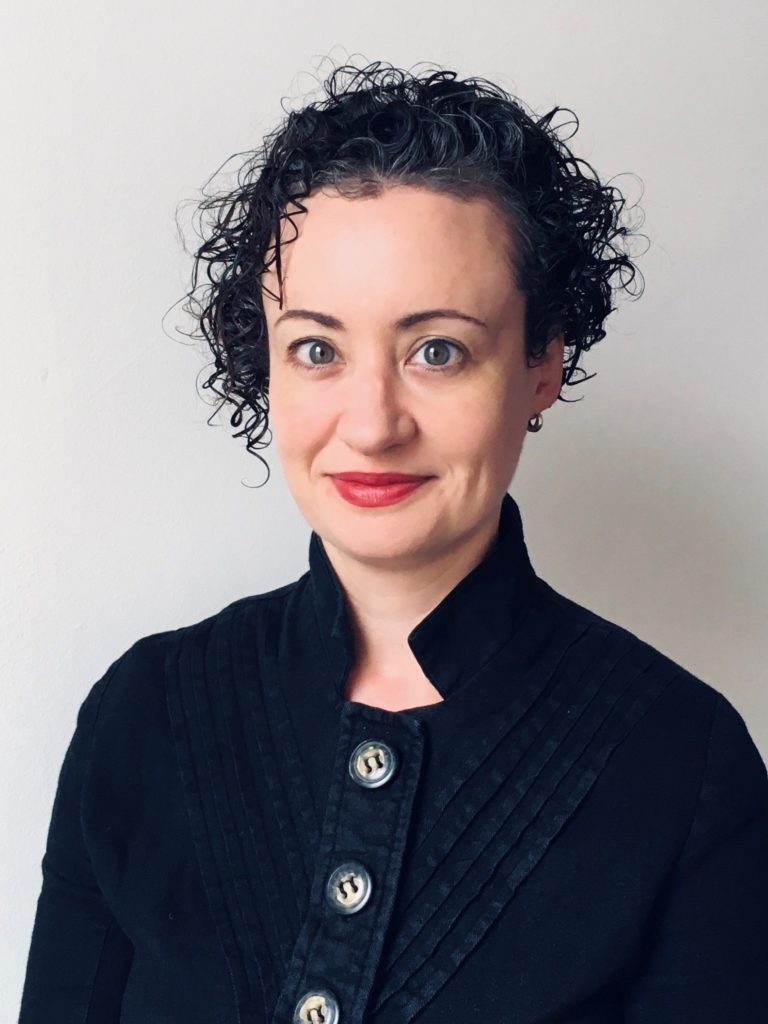Pace
Some teenagers might happily spend their abundance of free time reading War and Peace, but for the most part they don’t have a great deal of patience for slow, ponderous narratives. And, after all, nor do a lot of adults, who reputedly constitute the majority of readers of YA fiction. So keep things pacey. Trim, trim, trim.
Having said that, there’s nothing wrong with a stretch of intense drama being relieved by a quieter chapter where your character (and the reader along with them) might be able to draw breath and be allowed some introspection, such as through dialogue that gives insight into how they feel or what they might have learned. Which brings me to ‘show, don’t tell’ – rather than inform the reader of your character’s thoughts, show them being expressed for much more immediacy and dynamism (eg consider ‘Hilary felt angry’ vs ‘Hilary slammed the door’).
Authenticity
It’s important not to ‘write down’ from your vantage point as a well-rounded adult possessing experience and wisdom in all things – inhabit your character, their insecurities, hopes and fears. They need to be relatable, which might seem a tall order if they’re a dragon-slayer or robot or budding criminal on the run for something ghastly. But it must be possible for the reader to feel as though they could be a traveller on their shoulder, and to be able to empathise with them, even if they’re not likable or you’re keeping their motives opaque for reasons of psychological suspense. Try to give secondary characters a sense of complexity too, however brief – avoid the trap of besties who are stereotypes or cardboard cutouts.
Voice
Slang is ever in flux, and you don’t want to read as risibly dated and out of touch; your 2020 teenager will have entirely different turns of phrase from a 1990s teen. If you’re not a teenager yourself, go to the source if you can, and observe the creature in its habitat. Failing that, TV. Though be mindful of regional variation – a teen from Melbourne may seem to talk a lot like a teen from LA, but it’s rarely the other way around. If your teenager swears, as many are wont to do, let them swear rather than attempt substitutions that read as inauthentic and pull the reader out of the experience. (If your manuscript is picked up by a publisher, this might entail a conversation about the market and gatekeepers, but that’s a story for another day.) Variation between the voices of your cast of characters is worth trying for, if you can manage it without adding stiltedness.
Representation
If there’s a societal power imbalance between you and your main character (be it relating to culture, sexuality, gender or dis/ability), particularly if you’re writing in first person, ask yourself: Am I the best person to be telling this story? Consider, instead, reflecting what you know in your main character. At the same time, do reflect society’s wide range of cultures and peoples in a broader sense via other characters, rather than the bad old days of a dominant culture that erased, silenced or misrepresented others by default. It’s a delicate balance, and takes respect and willingness to listen.
If you’re representing a character from a marginalised group that you don’t inhabit, do research, talk to people with that insight, and seek cultural permission if appropriate. Before publication, you might engage a cultural consultant to make sure the story is presenting an accurate representation and not unwittingly perpetuating oppression or misinformation. This is a complex, evolving and sometimes polarising area, so do take the time to keep abreast of the discourse – one way is to follow #ownvoices and #weneeddiversebooks on social media, and two excellent resources are the AIATSIS guidelines and Ambelin Kwaymullina’s posts.
Writing Young Adult Fiction with Simmone Howell and guests
ONLINE
In this eight-week, intensive course, you will learn the fundamentals of writing for a Young Adult audience. This is a rare opportunity to develop your writing in real time, with writing and editing experts alike, while gaining new skills you can carry with you for the rest of your career.
22 April June 2021
This program will also include the rare opportunity have a sample of your work copy-edited by a Senior Editor who specialises in editing YA. You will work towards providing a 2000-3000 word piece, which will receive two rounds of revisions returned to you following the conclusion of the course.
Full details and bookings here.
